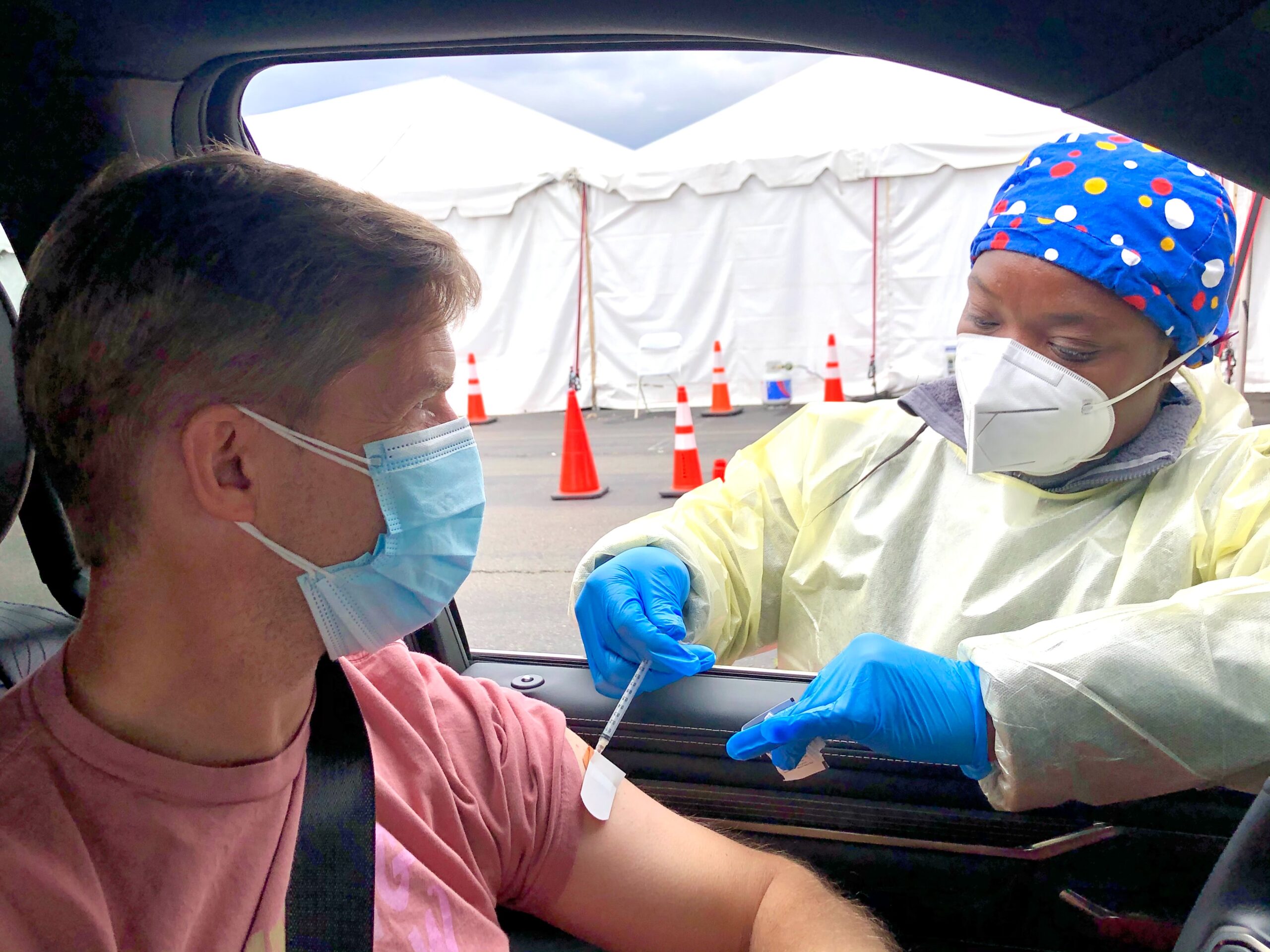A new study, published in the Annals of Internal Medicine, reports how people with immune suppression respond to the COVID-19 vaccines. Since it is behind a paywall, here is an article summarizing the results from the St. Louis Post-Dispatch. (Thanks, Shiakoda!)
Who was included?

The study examined 133 people who were eligible for early immunization, which included those age 65 and older and hospital employees with chronic inflammatory disease. Researchers matched them with 53 other hospital employees to compare their responses to vaccination.
What was measured?
Researchers examined Anti–SARS-CoV-2 spike (S) IgG+ binding as well as other specialized tests of humoral immunity
What were the results?
Patients taking Prednisone and B-cell depleting therapy (such as IV drugs for rheumatoid arthritis, inflammatory bowel disease) had less of a response to the vaccine than those with autoimmune disease not taking those drugs. 10% had no response at all. The remaining 90% ranged from the same as the people without autoimmune disease to as low as one-quarter to one-third of the “normal” response.
Why is this important?
While people with primary immune deficiency were not included in this study, at least 35% of adults with PI also have an autoimmune condition as part of their immune system dysfunction. While scientists have not yet determined the measures of immune response that will provide protection, it is encouraging to see that 90% of this study group had some response.
The authors note that a study (link to full text) published in the New England Journal of Medicine looked at post-transplant recipients’ response to a third “booster” vaccine dose. The third dose produced a stronger immune response as measured by various blood parameters compared with patients who received a placebo third injection.
